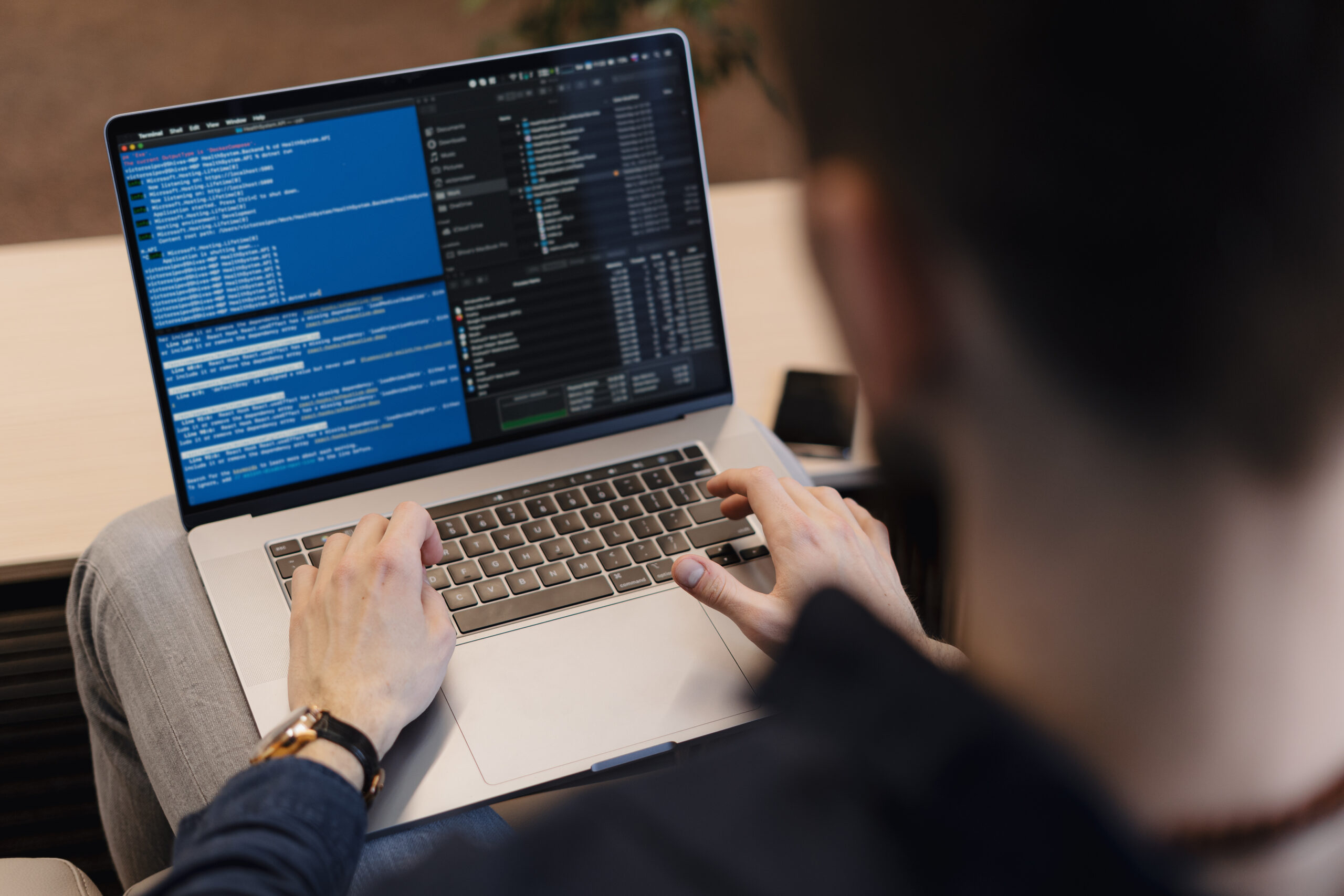Do you want to avoid problems in software development? You may need to know what the best code review practices are. In this case, we will tell you which strategies are necessary for you to understand how to program in the best possible way.
The importance of knowing the best code review practices
No matter what language you program in: you should always review the code. This is an essential activity for developing any kind of software. You may not like to do it, but it is necessary to ensure high final quality in all your work.
If you do so, you will save a lot of time in possible complications later on. In other words, prevention is the best way to avoid problems. Well, here we will tell you why it is necessary to do a code review regularly:
- We all make mistakes. Even the most genius coder is prone to mistakes. So, if you’re having a bad day, have had little sleep, or simply missed something, you should review what you’ve written.
- It is a way to improve teamwork. When a code review is done, programmers usually collaborate. This situation implies a better predisposition to strengthen group bonds.
- You will not always do what is necessary. This can be seen in disorganized projects or where the requirements are quite ambiguous. In those cases, you will interpret things when programming, which may not be appropriate in the final code. If you review it, you will be able to detect those flaws.
You can learn. In the same way, all programmers learn by trial and error. So, if you can catch your own mistakes, you will not only be learning how things are done properly. You will also be able to understand your misinterpretation of the facts, something that will ensure that the mistake will not be repeated.

What things should you keep in mind when reviewing the code?
Ideally, you should always be able to review everything. However, that would involve a huge amount of development time. Therefore, we think you may want to consider the following issues:
- Functional objective. You should always review those parameters that you are currently working on. Similarly, you should also check only what is necessary. Reviewing everything will be too much work because you will always think that there is something to change. For example, if you launch an MVP, you may only check the primary functions.
- Nomenclatures. The nomenclatures must be appropriate. When programming, you can overlook this. However, it should always be implemented in the review. There should be no typing errors, so you should always check that they follow the proper conventions.
- Logic. It will depend on the language you use, but the control logic must be appropriate for each case. For example, if you copy code from other places, it is essential that it makes sense with the project and that you avoid any problems it may have.
- Future mistakes. You are probably proud of the work you have done. However, you should think pessimistically: what are the possible problems that could occur? If you think about it that way, you will have a relevant preventive attitude that will avoid mistakes in the future.
How much and how should you check?
The truth is that there is no universal answer to this. The code review will be different depending on the size of the systems you have to analyze. That is, a mega-project involving years of development is not the same as a small piece of the software done in a couple of weeks.
Therefore, it is something that you will have to work with your development team since all of you should find the most appropriate methods. Anyway, the usual ranges are between 60 minutes and 2 hours, according to what ReviewPad indicates, but it will always be subjective.
Now, one of the most common ways to do this is through version control systems. For example, in the flow of code merges, when a new line is accepted, a review should be done. If you do it this way, you will see greater efficiency over time.
You must keep track of the time it will take you to do the review, as sometimes taking longer than necessary can be negative for the team. On the other hand, you can take advantage of code viewers to make the necessary revisions, as highlighted from GitHub.
The important thing is that the code is always adapted to the requirements you have regarding the project. This is where knowledge of your business comes into play. This problem occurs because they sometimes confront their wants with the needs of their business. In such a case, you can always ask for third-party opinions to find out which is the best way to go.
In short, you already know the best code review practices. If you manage to incorporate these habits consistently, we assure you that you will have better code results.
